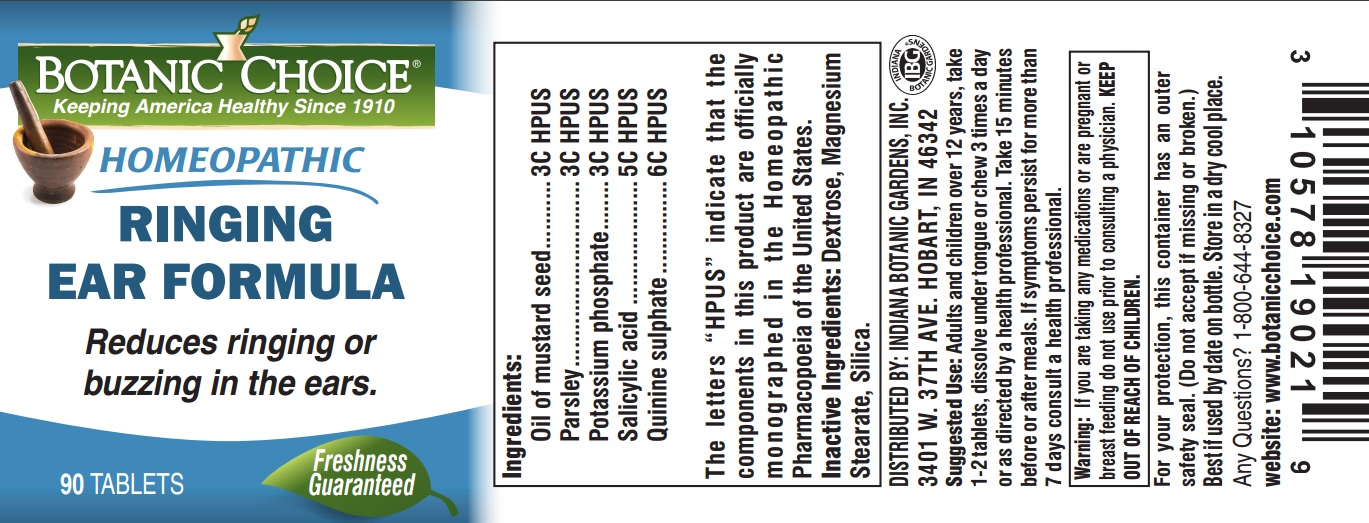
Homeopathic Ringing Ear Formula while Breastfeeding
What is Homeopathic Ringing Ear Formula used for?
Homeopathic Ringing Ear Formula while breastfeeding safe or not? Can there be any side effects for infant while using it during breastfeeding?

Homeopathic Ringing Ear Formula Breastfeeding Analsys
Potassium phosphate, dibasic while Breastfeeding
SafeCAS Number: 7447-40-7
Human milk has a potassium concentration of 13 meq/L, almost a half of rehydration solution content and a quarter of maximal IV recommended dose. Potassium supplementation does not alter milk concentration without increasing mother’s serum concentration, which is strictly limited from 3,5 to 5,5 meq/L.
Salicylic acid while Breastfeeding
SafeCAS Number: 69-72-7
It is topically used as a keratolytic, antiseptic, antifungal, dermatological and stomatological agent. At last update no published data on excretion into breast milk were found . Systemic absorption (distribution into the body) depends on the concentration of the product used and the duration of application. Absorption may reach 10 to 25% of the total amount applied on the skin. It is recommended not to use during lactation in large areas of skin or for prolonged periods. Available data on the elimination of Acetylsalicylic acid (Aspirin-ASA) in breast milk indicates it is clinically insignificant.No cases have been reported on Reye's syndrome by ASA through the breast milk which is considered very unlikely to occur with isolated and/or small doses used as antithrombotic treatments and anti-abortion measures, even less after application on the skin or topically in the mouth. Do not apply on the breast to prevent ingestion by the infant. If necessary, apply it after the feed and wipe it off thoroughly with water before the next feed.
Quinine sulfate while Breastfeeding
SafeCinchona alkaloid used in the prophylaxis and treatment of malaria (Pérez 2009). Administered orally or intravenously. It is excreted in breast milk in clinically insignificant amounts (Mathew 2004, Phillips 1986, Terwilliger 1934), much lower than the dose used in newborns and infants (Fulton 1992).No problems have been observed in infants whose mothers were taking it (FDA 2008, Terwilliger 1934). Its use is authorized in infants and children.Avoid in cases of glucose-6-phosphate dehydrogenase deficiency (Mathew 2004, WHO/UNICEF 2002, Fulton 1992). American Academy of Pediatrics: medication usually compatible with breastfeeding (AAP 2001). WHO list of essential medicines: compatible with breastfeeding (WHO / UNICEF, 2002).
Homeopathic Ringing Ear Formula Breastfeeding Analsys - 2
Salicylic acid while Breastfeeding
CAS Number: 69-72-7
No information is available on the clinical use of salicylic acid on the skin during breastfeeding. Because it is unlikely to be appreciably absorbed or appear in breastmilk, it is considered safe to use during breastfeeding.[1] Avoid application to areas of the body that might come in direct contact with the infant's skin or where the drug might be ingested by the infant via licking.
Quinine sulfate while Breastfeeding
CAS Number: 130-95-0
Because of the low levels of quinine in breastmilk, amounts ingested by the infant are small and would not be expected to cause any adverse effects in breastfed infants. The dosage in milk is far below those required to treat an infant for malaria.[1] However, quinine should not be used in mothers with an infant who is glucose-6-phosphate dehydrogenase (G6PD) deficient.[2] Even the relatively small amounts of quinine in tonic water ingested by the mother have caused hemolysis in G6PD-deficient infants.
I am nursing mother and I have already used Homeopathic Ringing Ear Formula, what should I do?
Due to high dilution of ingredients in homeopathic medicines they do not create much problem for baby. Homeopathic Ringing Ear Formula is a homeopathic medicine and if your baby does not have any abnormal symptoms then there is nothing to worry about. Be careful with too much usage of ethanol based homeopathic medicines during breastfeeding.
I am nursing mother and my doctor has suggested me to use Homeopathic Ringing Ear Formula, is it safe?
Homeopathic medicines are usually safe in breastfeeding and if Homeopathic Ringing Ear Formula has been recommended by doctor then there should be no concern about its usage in breastfeeding.
If I am using Homeopathic Ringing Ear Formula, will my baby need extra monitoring?
Not exactly.
Who can I talk to if I have questions about usage of Homeopathic Ringing Ear Formula in breastfeeding?
US
National Womens Health and Breastfeeding Helpline: 800-994-9662 (TDD 888-220-5446) 9 a.m. and 6 p.m. ET, Monday through Friday
UK
National Breastfeeding Helpline: 0300-100-0212 9.30am to 9.30pm, daily
Association of Breastfeeding Mothers: 0300-330-5453
La Leche League: 0345-120-2918
The Breastfeeding Network supporter line in Bengali and Sylheti: 0300-456-2421
National Childbirth Trust (NCT): 0300-330-0700
Australia
National Breastfeeding Helpline: 1800-686-268 24 hours a day, 7 days a week
Canada
Telehealth Ontario for breastfeeding: 1-866-797-0000 24 hours a day, 7 days a week
